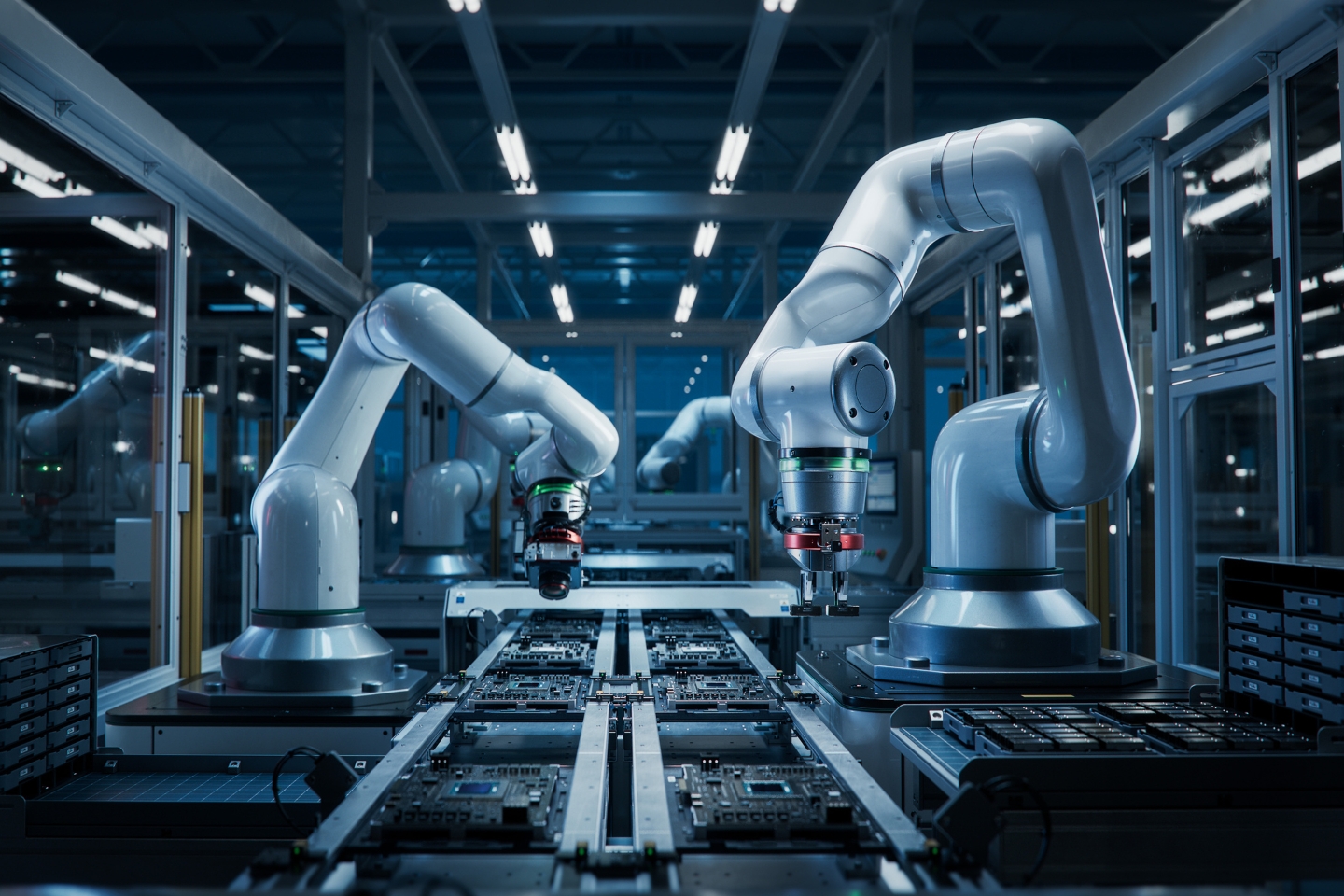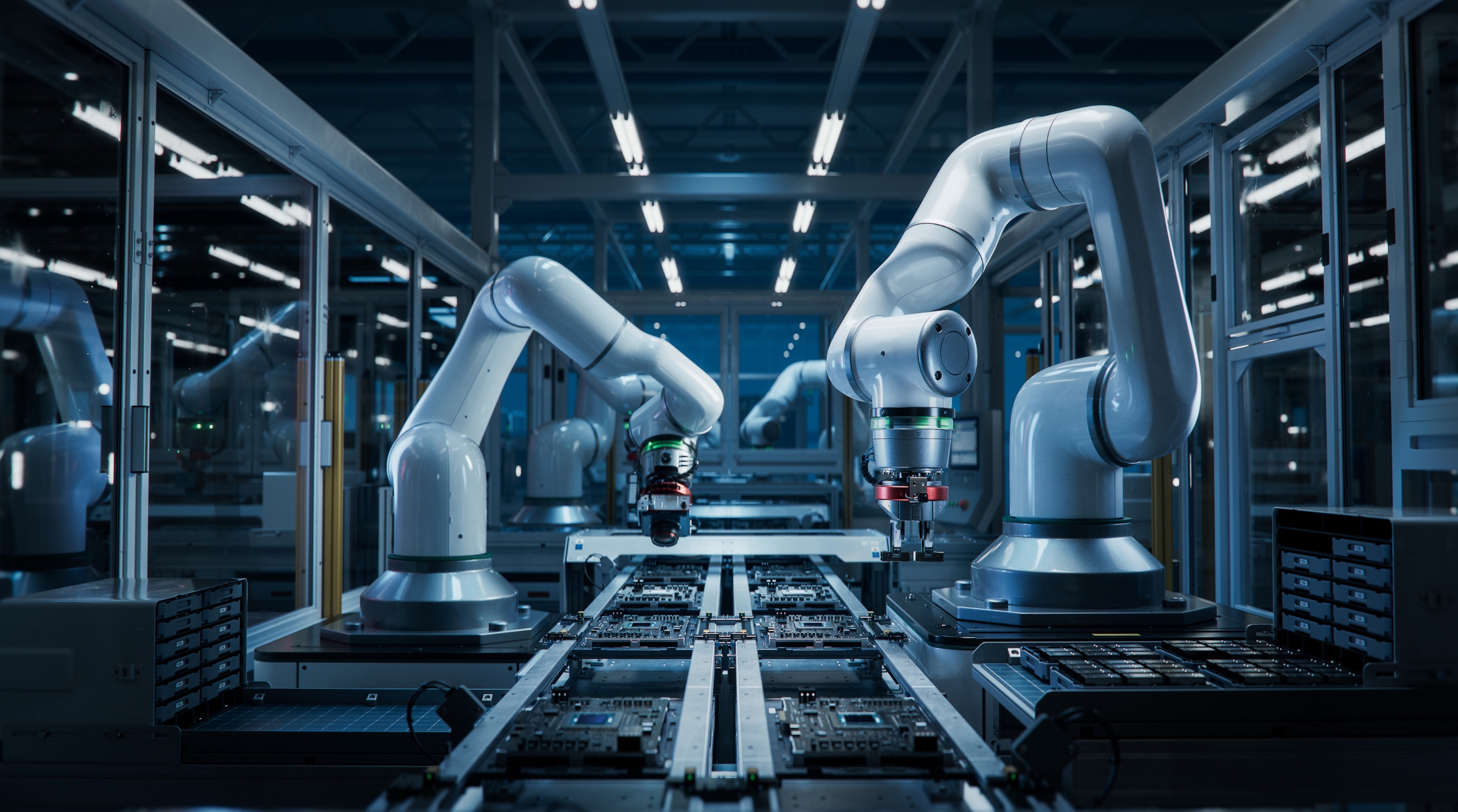The Robotics and Autonomous Systems cluster investigates the design, control, and deployment of intelligent machines that operate seamlessly alongside humans and within complex environments. Research spans medical and surgical robotics, assistive devices, legged robots with bioinspired robotic tails, robotic exoskeletons, autonomous vehicles, underwater vehicles, drones, vehicle networks, and human-machine collaboration. Faculty also explore haptics, robotic touch, bioinspired designs, multi-agent decision-making, and real-time distributed data fusion that support autonomy at scale. Applications range from medical diagnostics, rehabilitation, and therapeutic tools to advanced manufacturing, marine exploration, and smart infrastructure. By leveraging expertise in mechatronics, controls, and applied artificial intelligence (AI), researchers are developing robotic systems capable of adapting to uncertainty while ensuring safety and reliability. Collaborations extend across the university, including with the Miller School of Medicine, the Miami Project to Cure Paralysis, the School of Architecture for smart cities and buildings, and the Rosenstiel School of Marine, Atmospheric and Earth Science for ocean and climate applications. These interdisciplinary efforts support transformative applications where robotics can directly improve health care, mobility, sustainability, transportation, and the built environment.





